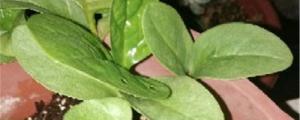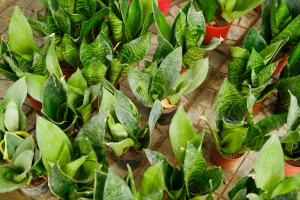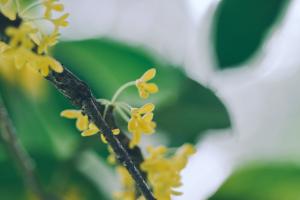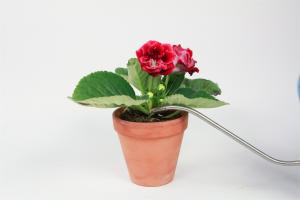Introduction
The jade plant, also known as Crassula ovata, is a popular houseplant that is believed to bring good luck and prosperity. In Chinese culture, it is often referred to as a "money tree" and is frequently gifted during auspicious occasions such as weddings, new businesses or homes, or during the Chinese New Year. In this article, we will explore the origins and symbolism behind the name of the jade plant as a money tree.
History and Symbolism
The jade plant has a long history in Chinese culture, dating back to the Han dynasty over 2000 years ago. It is believed to symbolize prosperity, good luck, and fortune. In Feng Shui, the practice of arranging one's environment to promote positive energy flow, the jade plant is often placed in the wealth or money corner of a room or office to attract financial success.
The plant's thick, succulent leaves resemble round coins, which is why it is often referred to as a "money tree." In the Chinese language, the word for "jade" sounds similar to the word for "wealth," further adding to its auspicious association.
Propagation and Care
Jade plants are relatively easy to care for and propagate, making them a popular choice among beginners and experienced gardeners alike. They require well-draining soil, occasional watering, and bright, indirect sunlight. Jade plants also respond well to pruning; cutting off a stem can encourage new growth and fuller foliage.
Propagation can be done by taking stem or leaf cuttings and allowing them to dry for a few days until calluses form. These cuttings can then be planted in soil or water until roots develop and a new plant begins to grow. With proper care, a single jade plant can grow for years and even decades, becoming a cherished symbol of prosperity and good luck in any home or office.
A Global Symbol
While the jade plant's association with good luck and wealth is most commonly seen in Chinese culture, it is also a symbol of prosperity in other parts of the world. In Japan, the plant is known as "saikei," which translates to "fortune plant." Similarly, in Korea, the jade plant is referred to as the "monetary tree."
Beyond its symbolic meaning, the jade plant is also appreciated for its natural beauty. Its thick, lush leaves and interestingly shaped stem make it a popular addition to any home décor, regardless of cultural association.
Conclusion
The jade plant, also known as a money tree, has a rich history and cultural significance. As a symbol of wealth and prosperity, it is frequently gifted during auspicious occasions in Chinese culture and is a popular houseplant worldwide. Its ease of care and ability to propagate make it an ideal addition to any home or office in need of a positive energy boost. Whether you believe in its symbolic meaning or simply appreciate its natural beauty, the jade plant is a timeless and cherished addition to any collection.

 how many times do yo...
how many times do yo... how many planted tre...
how many planted tre... how many pine trees ...
how many pine trees ... how many pecan trees...
how many pecan trees... how many plants comp...
how many plants comp... how many plants can ...
how many plants can ... how many plants and ...
how many plants and ... how many pepper plan...
how many pepper plan...































